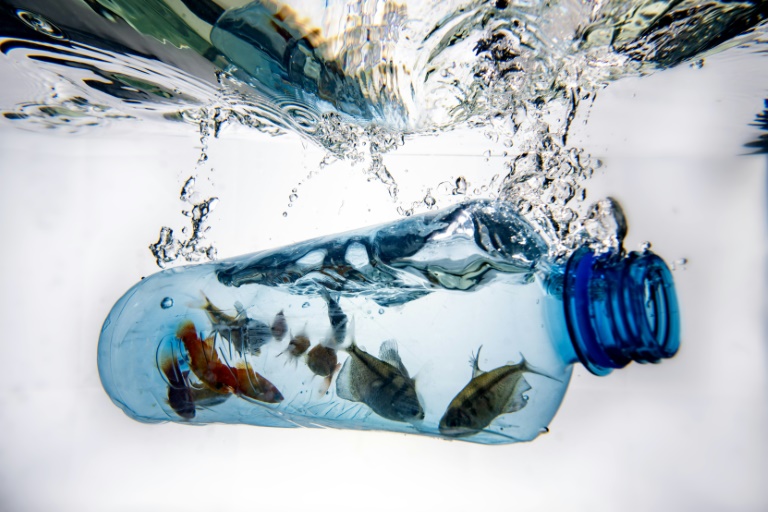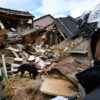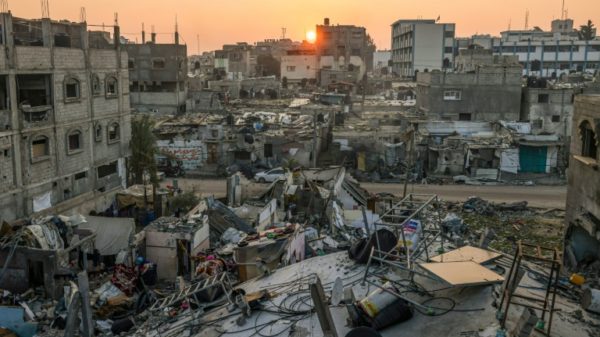French President Emmanuel Macron on Monday warned that global plastics pollution was a “time bomb”, as diplomats began five days of talks in Paris to make progress on a treaty to end plastic waste.
Representatives of 175 nations with divergent ambitions met at UNESCO headquarters for the second of five sessions with the aim of inking an historic agreement covering the entire plastics life cycle.
Macron urged nations negotiating a world treaty against plastic pollution to put an end to today’s “globalised and unsustainable” production model.
“Plastic pollution is a time-bomb and at the same time already a scourge today,” he said in a video message, in which he called for an end to a system where richer countries export plastic waste to poorer ones.
He added that the first priorities of the negotiations should be to reduce production of fossil-fuel based plastics and to ban “as soon as possible” the most polluting products like single use plastics.
NGOs — as well as representatives of plastics companies and lobbyists, much to the chagrin of environmentalists — will also take part in the negotiations.
In February 2022, nations agreed in principle on the need for a legally binding UN treaty to end plastic pollution around the world, setting an ambitious 2024 deadline.
Host country France organised a ministerial summit on Saturday with 60 countries to kick-start the talks.
“If we don’t act now, by 2050 there will be more plastic than fish in the oceans”, said French Foreign Minister Catherine Colonna.
– ‘Complicated –
“Combatting plastic pollution will make our lives easier, both in terms of fighting climate change and in terms of preserving our oceans and biodiversity”, noted Christophe Bechu, France’s Minister for Ecological Transition.
The stakes are high, given that annual plastics production has more than doubled in 20 years to 460 million tonnes, and is on track to triple within four decades.
Two-thirds of this output is discarded after being used once or a few times, and winds up as waste. More than a fifth is dumped or burned illegally, and less than 10 percent is recycled.
But scaling up recycling is not a silver bullet, the head of the UN Environment Programme told AFP.
“It is one of many keys that we will need to make this work,” Inger Andersen said before the talks opened. “We can’t recycle our way out of this mess.”
Policy actions to be debated during the talks include a global ban on single-use plastic items, “polluter pays” schemes, and a tax on new plastic production.
Environmental groups are encouraged global plastics pollution is finally being tackled, but are concerned the treaty may not include targets to reduce overall plastic production.
“There is a consensus on the issues at stake and the will to act”, Diane Beaumenay-Joannet, an advocate at the Surfrider Foundation, told AFP.
But “the precise content of the obligations is going to be complicated, particularly as regards reducing production.”














